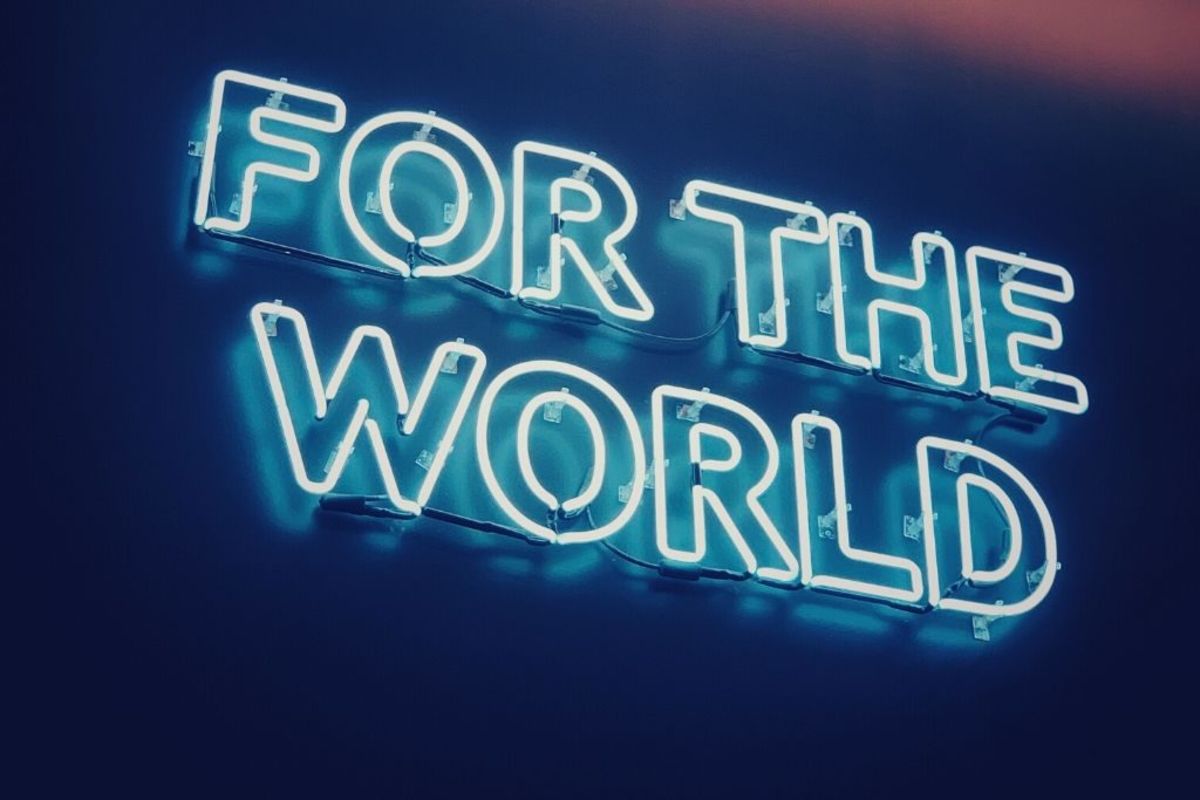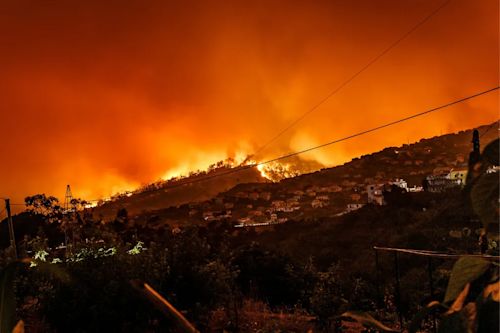#AccessForTheFuture: Why We Are Joining the UN’s Decade of Action in 2020

dormakaba Editorial Team

Stephanie Ossenbach
Stephanie is an environmental scientist and responsible for driving the sustainability strategy at dormakaba. With her many years of experience, she is committed to the continuous improvement of social and environmental management and how the company contributes to the UN Sustainable Development Goals.
Related articles

Society
Catastrophic Wildfires: Can Technology Anticipate and Prevent Them?
When a natural disaster occurs, the recurring question is: "Could it have been avoided?" Technology plays a crucial role in our response.

Society
5 Iconic Roles of Doors in Science Fiction
Doors serve a dual purpose in architecture, blending function and form. But in literature—and particularly in science fiction—they take on deeper symbolic meaning.

Society
These Airports Are Setting the Standard for Senior Accessibility
As the number of older air travelers increases, airports have begun to focus on creating more inclusive safety measures for this demographic.